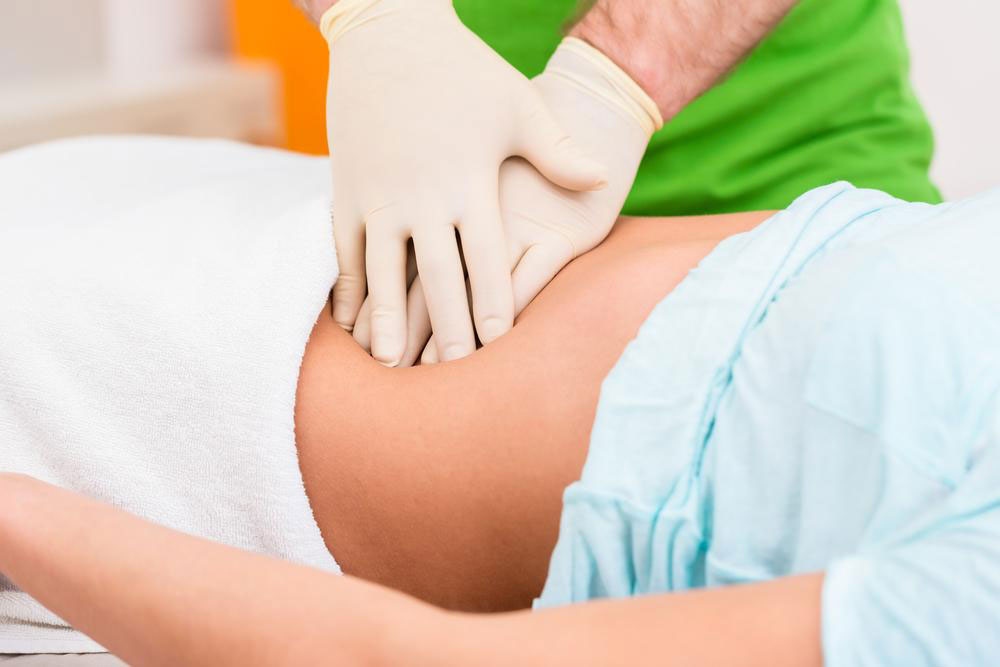Most common colon issues
There a number of colon and rectal disease with varying levels of severity which can be anywhere from mild to life-threatening. Some of them can be easily diagnosed, others are a little hard to identify. But here is a compressive list of common colon issues and problems for your reference.
Colorectal cancer: About 140000 people annually are diagnosed with this condition and the severity of this cancer results in approximately 60000 deaths a year. This cancer is curable when detected and treated in its early stages, with a number of digital detection methods available.
Ulcerative colitis: This is an inflammatory disease of the large intestine which affects an even larger number of people than colorectal cancer.

Chron’s disease: This ailment particularly affects people who are of the ages between 16-40 and is a chronic inflammatory condition of the intestinal tract. Diagnosis is through physical examination and different treatments are recommended by medical professionals and sometimes even surgery is an option which is considered.
Irritable bowel syndrome: A common muscle functioning disorder of the intestines, the symptoms of which are noticeable being constipation, diarrhea, pain, bloating, cramps. It is advisable to get checked immediately for the common symptoms could lead to sever colon disorders as mentioned above and can result in fatalities if left unchecked or untreated.
Diverticulosis: This colon ailment affects nearly fifty percent of the population. There is inflammation of wall pockets, along with any infection that might have been caused. Routine diagnosis and treatment can prevent any severe symptoms of the disorder.
Hemorrhoids: Hemorrhoids are common amongst people who are of the age of 30 and above. This is an external condition which causes lumps to be formed around the anus which can clot. Internal hemorrhoids can also develop beneath the anus which may cause bleed and protrusion during bowel movements.
Anal fissure: This is a small tear in the lining of the anus which is commonly caused due to hard bowel movement and inflammation of the anorectal area. This is easily diagnosed and sometimes a simple surgery is recommended to ease the pressure of the anal canal and a restful couple of weeks of healing.

